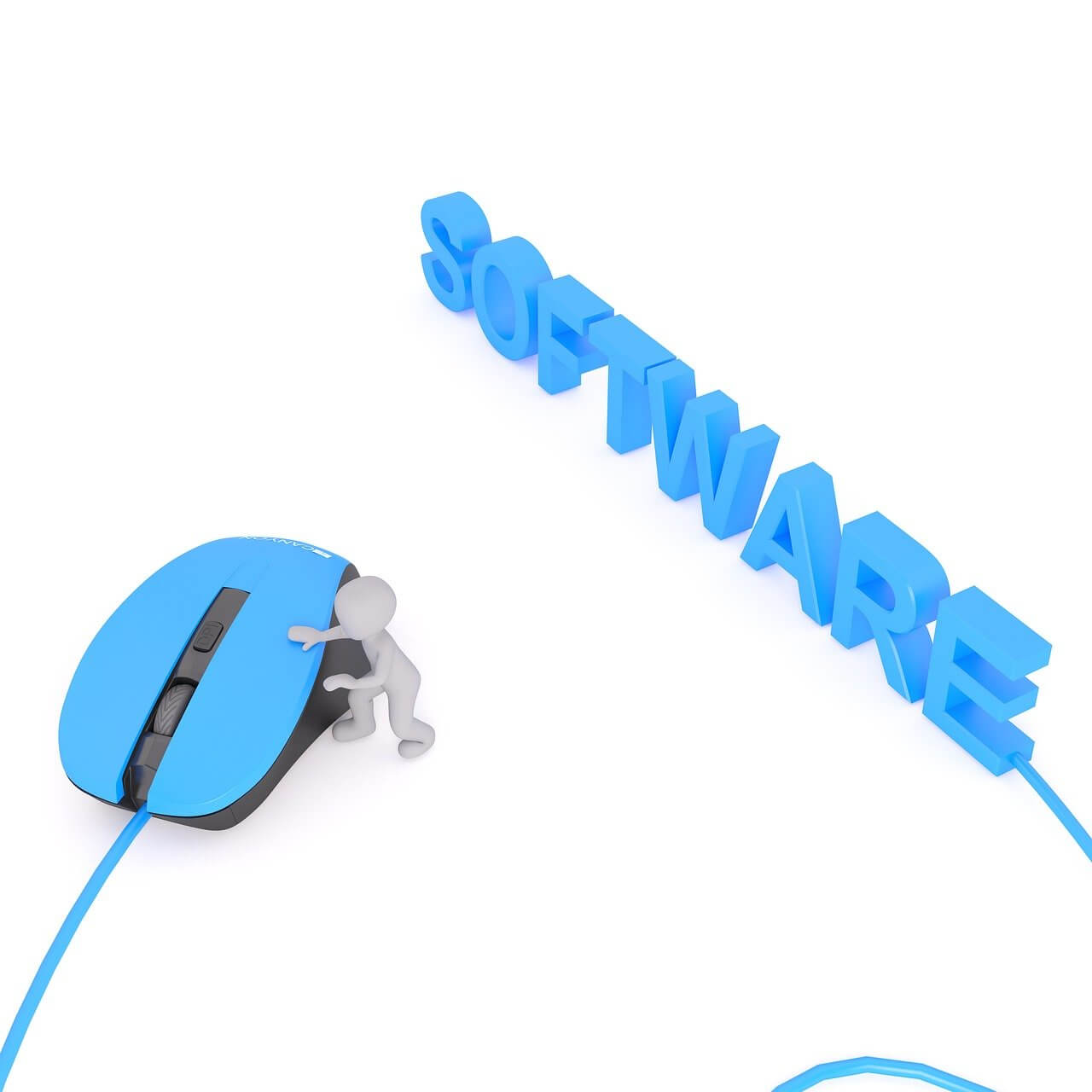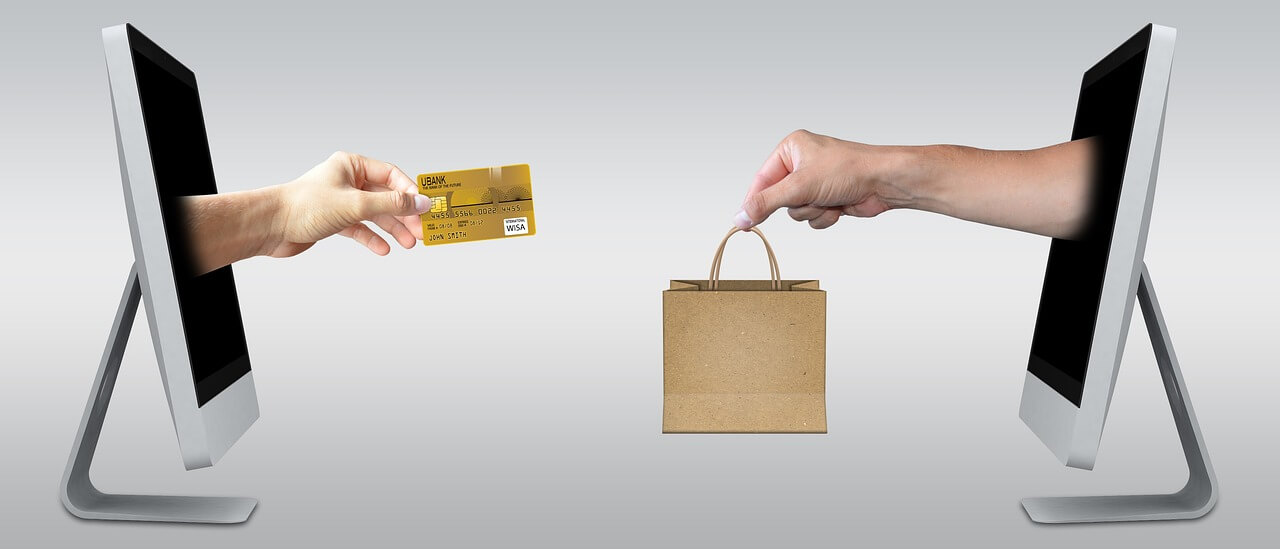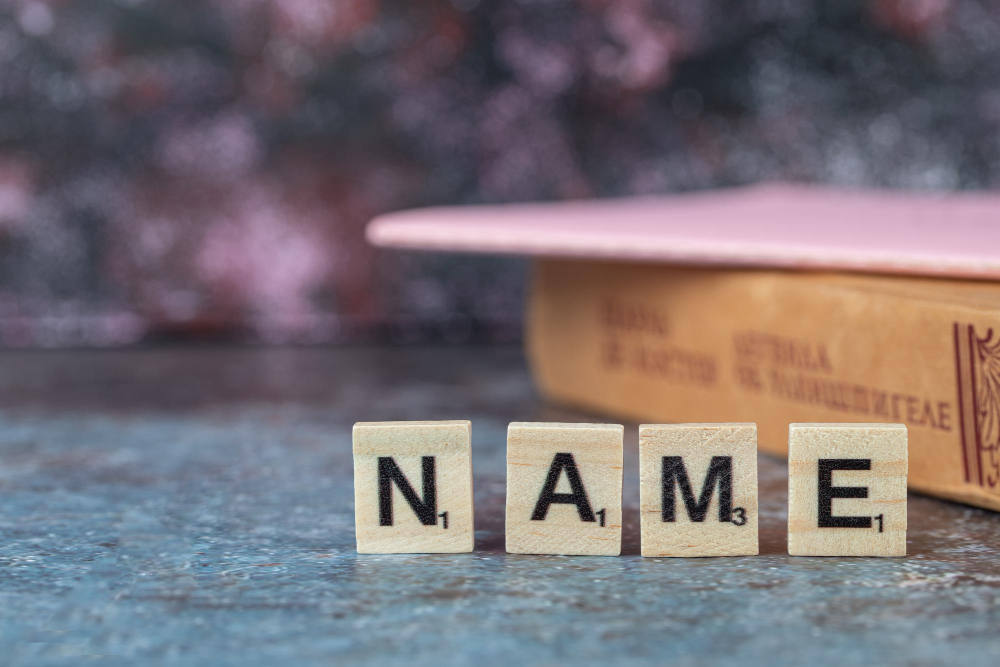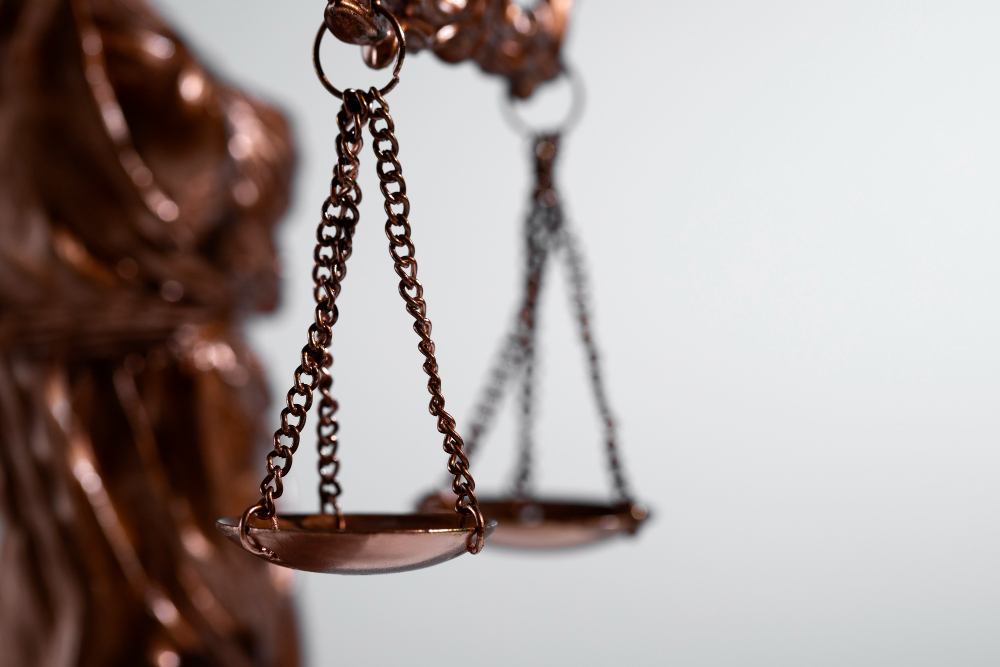
Avoiding Liability – Software Users
Avoiding Liability - Software Users

While software developers have one set of issues, the big question for software users is whether or not you can use the software without liability. Software used by businesses tends to fall into one of three categories, with the key difference being who created the software. These three potential classes of creators are third parties, employees or founders.
Software created by a third party is by far the biggest category. For these purposes, a third party would include a contractor (this includes a 1099 employee as opposed to a W2 employee). At this level you need to ask whether the business either (1) owns the software or (2) has adequate licenses to use the software as it is being used.
Avoid Traps
Businesses usually own software if it was made specifically for the business. Be sure that the third party actually assigned the rights in the software to the business. TRAP: The business does NOT own software that it paid for unless there is a clear assignment. “Work for hire” provisions do not apply. Businesses license most software. Be sure the business has the correct licenses in place to use the software relied on by the business.
Software created by employees should be the easiest category to clear. That is, the business automatically owns the software created by employees who are hired to do that type of work. Be on the lookout for software created by employees who were hired for other purposes.
Finally, software created by founders can be especially tricky. This tends to become an issue in the case where a founder feels s/he has been treated unfairly. Often they will leave, and take the software with them! It’s a good practice to assign any software created by a founder to the business.
Check out this previous post on website development for small businesses.












